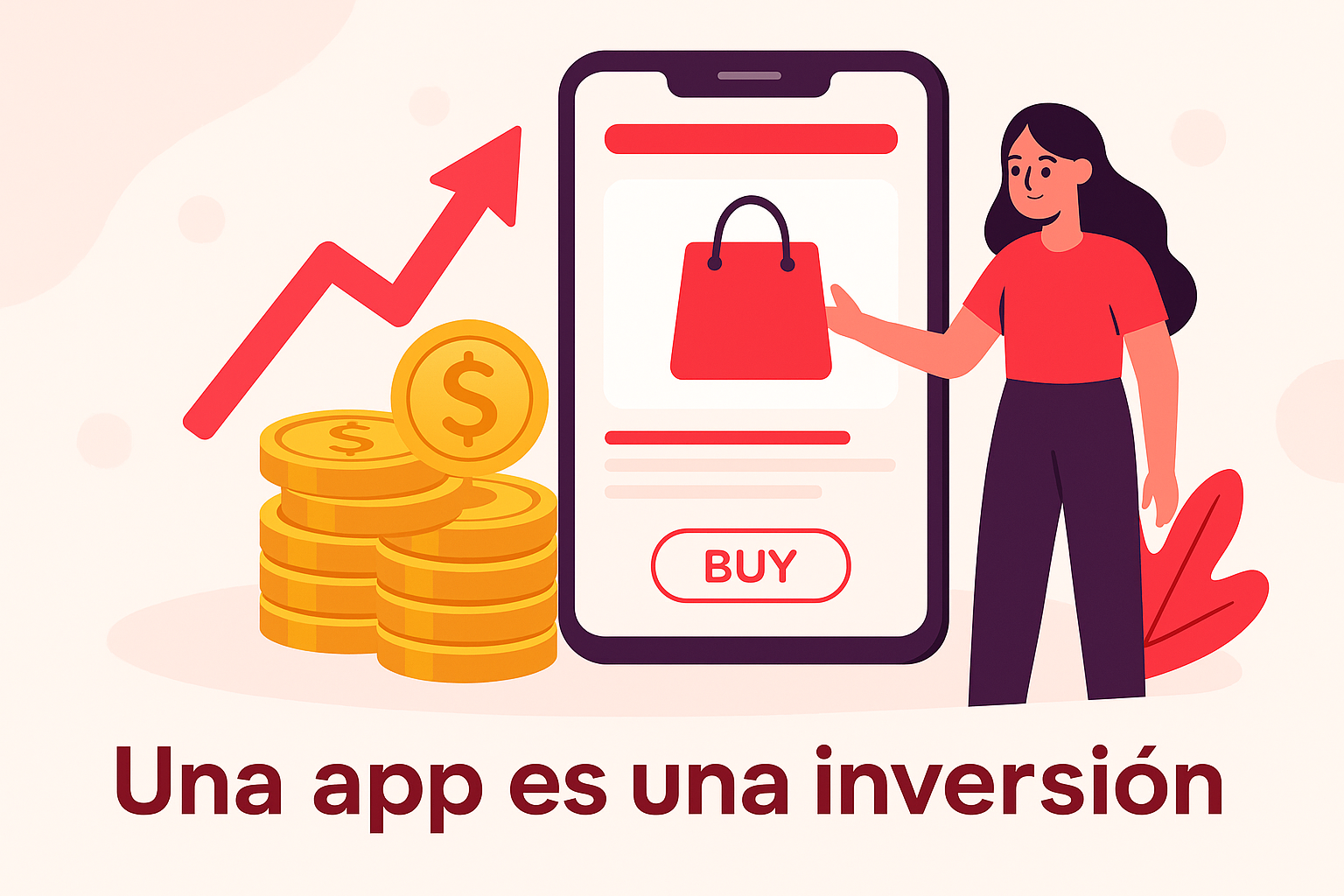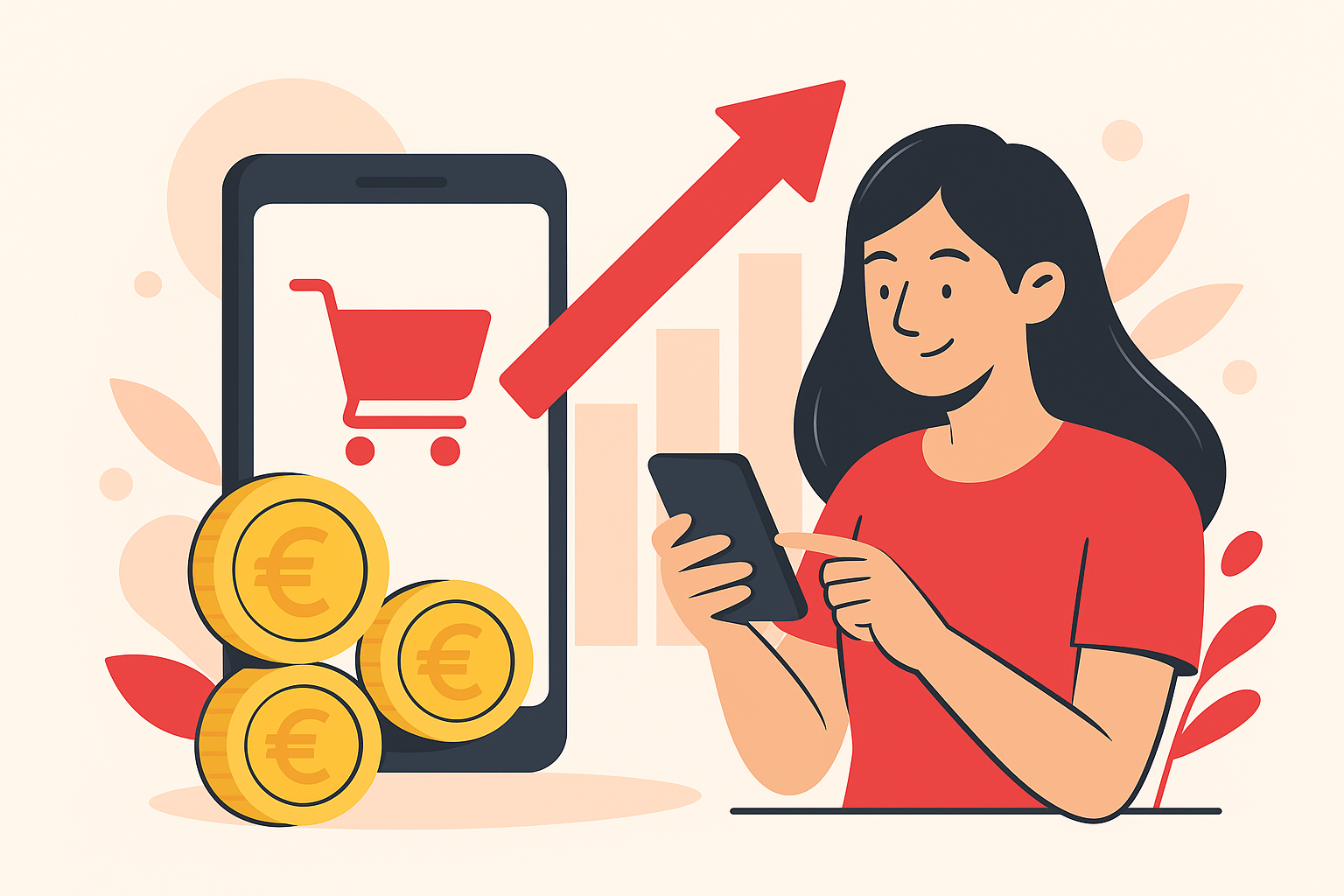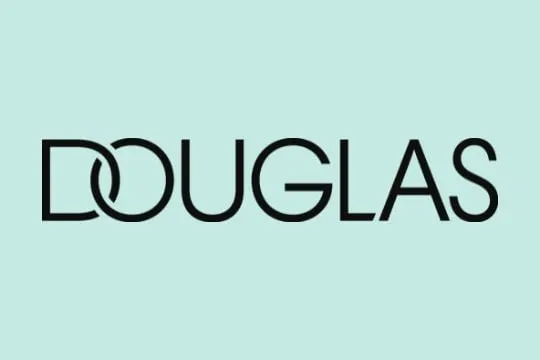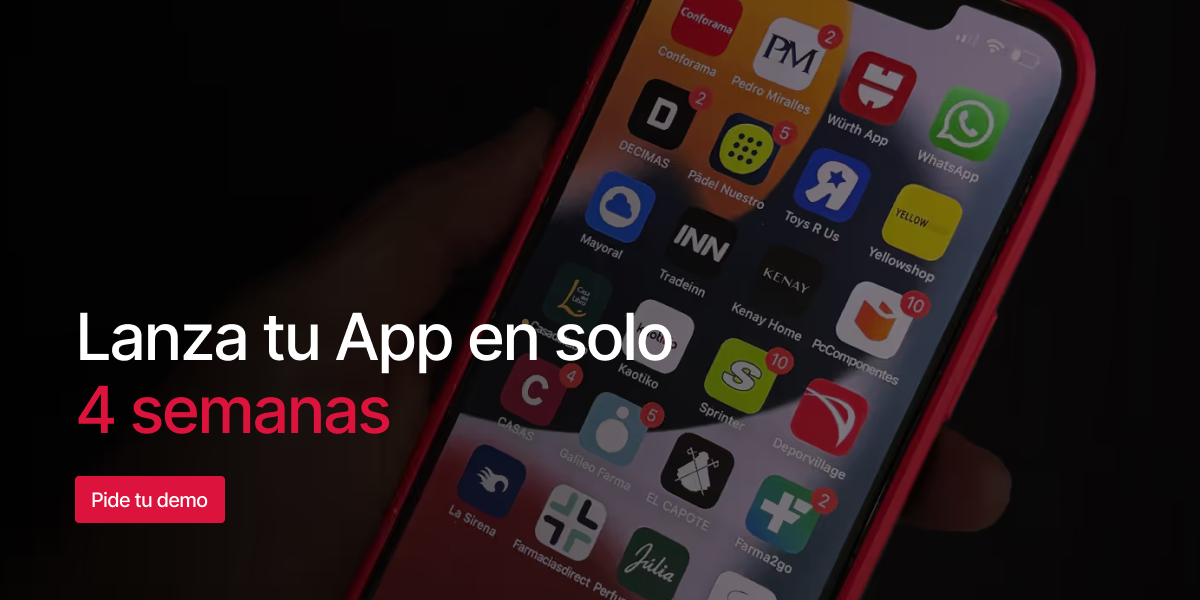
"How much does an ecommerce app cost?" is one of the most frequently asked questions among business managers looking to digitize their mobile channel. But the right question is not only how much it costs to develop it, but how much it brings in return, efficiency and sales.
In this article we analyze the real costs of a native ecommerce app, explain what factors affect the budget, and show a clear example: Douglas, one of the leading chains in perfumery and cosmetics, which decided to launch its app with Reskyt to optimize its mobile sales.
Native apps offer a superior user experience, better performance and access to features such as push notifications, biometrics or geolocation. Therefore, their initial cost is usually higher than that of a hybrid app, but so is their impact on sales and retention.
According to the IAB Spain Ecommerce Study Spain 2024, brands with native apps improve their mobile conversion by 52% compared to those that only have a responsive website.
A generic app may cost less, but it sacrifices identity, experience and differentiation. The design adapted to your brand and your type of customer directly influences the perception of value.
An effective app must integrate in real time with your CMS or platform (Shopify, PrestaShop, Magento, etc.) so that prices, products, categories and stock are updated automatically.
Lack of integration means more hidden costs in maintenance, errors and duplicated management.
The traditional development of a native app can take 4 to 6 months if it is custom-made. Platforms like Reskyt allow to reduce that time to only 4 weeks, including design, integration, testing and publishing.
An important (and often overlooked) cost is ongoing maintenance: updates for iOS/Android changes, feature evolution, support, security and legal compliance.
In models such as Reskyt's, this maintenance is included in a fixed monthly fee.

Compared to custom development budgets that can exceed 40.000 € per app, Reskyt offers custom native apps from 350 €/month, including:
This allows brands like Douglas to achieve tangible sales results without taking on the costs and risks of development from scratch.
Douglas Spain, with dozens of physical stores and a strong digital presence, wanted to improve conversion from mobile and build loyalty among its regular cosmetics and perfumery customers.

Thanks to the Reskyt solution:
Results:
The Douglas app was not only a cost-effective solution, but a key loyalty lever in its 2024 digital strategy.
Yes, it can be calculated by comparing CLTV (customer value) and conversion in app vs. web. According to Sensor Tower's State of Mobile 2024, app users buy up to 3 times more than browser users.
Not if you choose a platform like Reskyt. The marketing team can manage content, promotions and sections without technical knowledge.
With SaaS platforms like Reskyt, maintenance is included. This avoids surprises for updates, support or evolutions.
The app can be adapted without the need to redo anything. Reskyt is compatible with the most popular CMS and platforms on the market.
Yes, the app improves conversion, retention and loyalty. It is an own, direct and customizable channel. 90% of the time users spend on mobile is in apps, compared to 10% in browsers(Smartphone Usage Statistics 2025).
Launching an ecommerce app can be affordable, fast and profitable if done with the right platform. The cost of an app is not only measured in euros invested, but in real return: more conversion, more repurchase and better experience for your customers.
Douglas has already proven it. And you too can start selling more from the channel your customers already prefer.
Do you want to know how much your app could cost and how much it would bring you? Ask for a demo and do the math with real data and without obligation.
